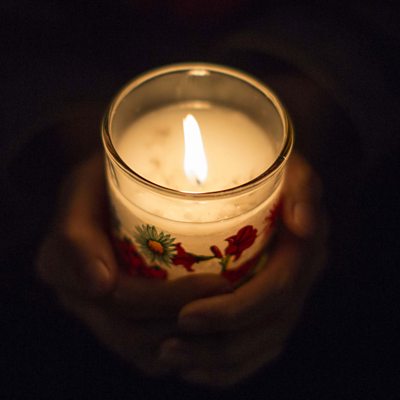Episode details

Available for over a year
Good morning. Emstrey Crematorium in Shrewsbury, so an independent enquiry reported on Monday, failed to return to parents the ashes of some sixty babies cremated over the last 20 years. This enquiry follows a similar and recent investigation at Mortonhall Crematorium in Edinburgh т and across the UK, other babies who have died before or soon after birth have been treated in the same fashion. If you saw or heard interviews with affected parents, you will know that the distress they have experienced is strong, and is something they will carry with them for the rest of their lives. For me these stories almost beggar belief. The scandal surrounding Alder Hey hospital - which came to public attention with the setting up of a public enquiry in 1999 т is itself relatively recent. Then, childrenтs body parts had been retained after post-mortem т and only subsequently did parentsт learn, adding to their heartache, that the bodies they had received were not intact. Now, not much more than fifteen years later, we have another story of parents who in the midst their grievous losses, suffer more as a result of the insensitive treatment of their dead childrenтs bodies. Mourning follows no rules, but it does typically follow custom, and a custom which Christianity introduced early on was that of keeping the dead close. One of the earliest archaeological signs of the presence of Christianity in the Roman world is in the location of graves. The Roman dead were suburban, buried outside the city walls. Very soon, however, the Christian dead were brought into the city т into the church itself indeed, and to its surroundings, as you see in a typical English parish church and churchyard. This relocation of the dead declared, first of all, that contrary to the superstitions of popular Roman religion, the dead were not to be feared and certainly didnтt need to be held at a distance. But it said not only that the dead could safely be kept close but also that they should be kept close т that there is a preciousness, not just in life in general, but in each and every life, which we recognise in caring for our particular dead. When Hamletтs mother asks him why his fatherтs death seems so particular with him, when death is common, he snaps back т тSeems, madam! Nay it is. I know not тseemsт.т Death is common, but any death, whether of the stillborn, of those who have been miscarried or of those who have died within weeks of their births, is also particular. Grieving parents typically want to keep their children close т and we will, I hope, put in place regulations to ensure that if that is what they wish to do, they can.
Programme Website